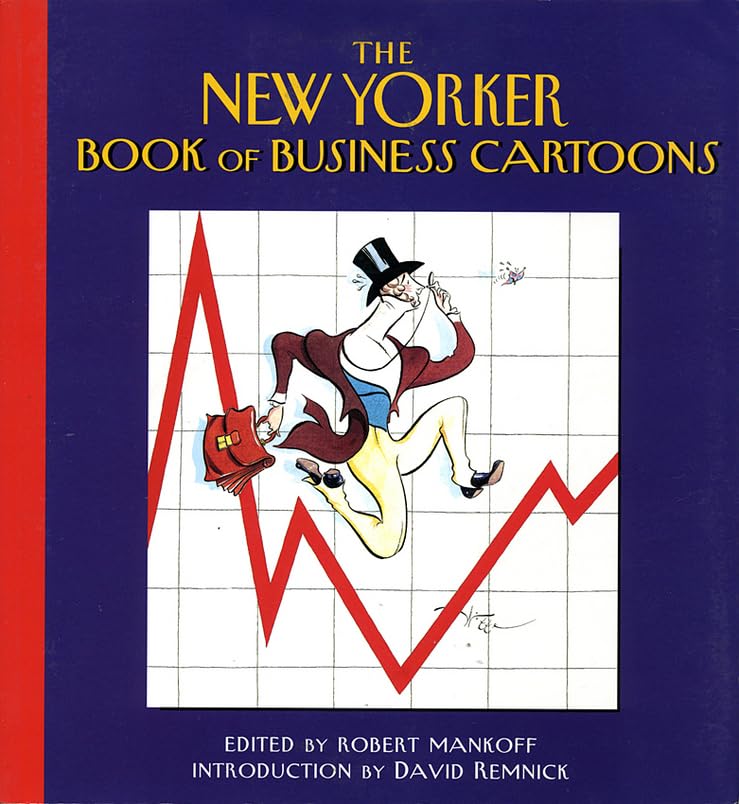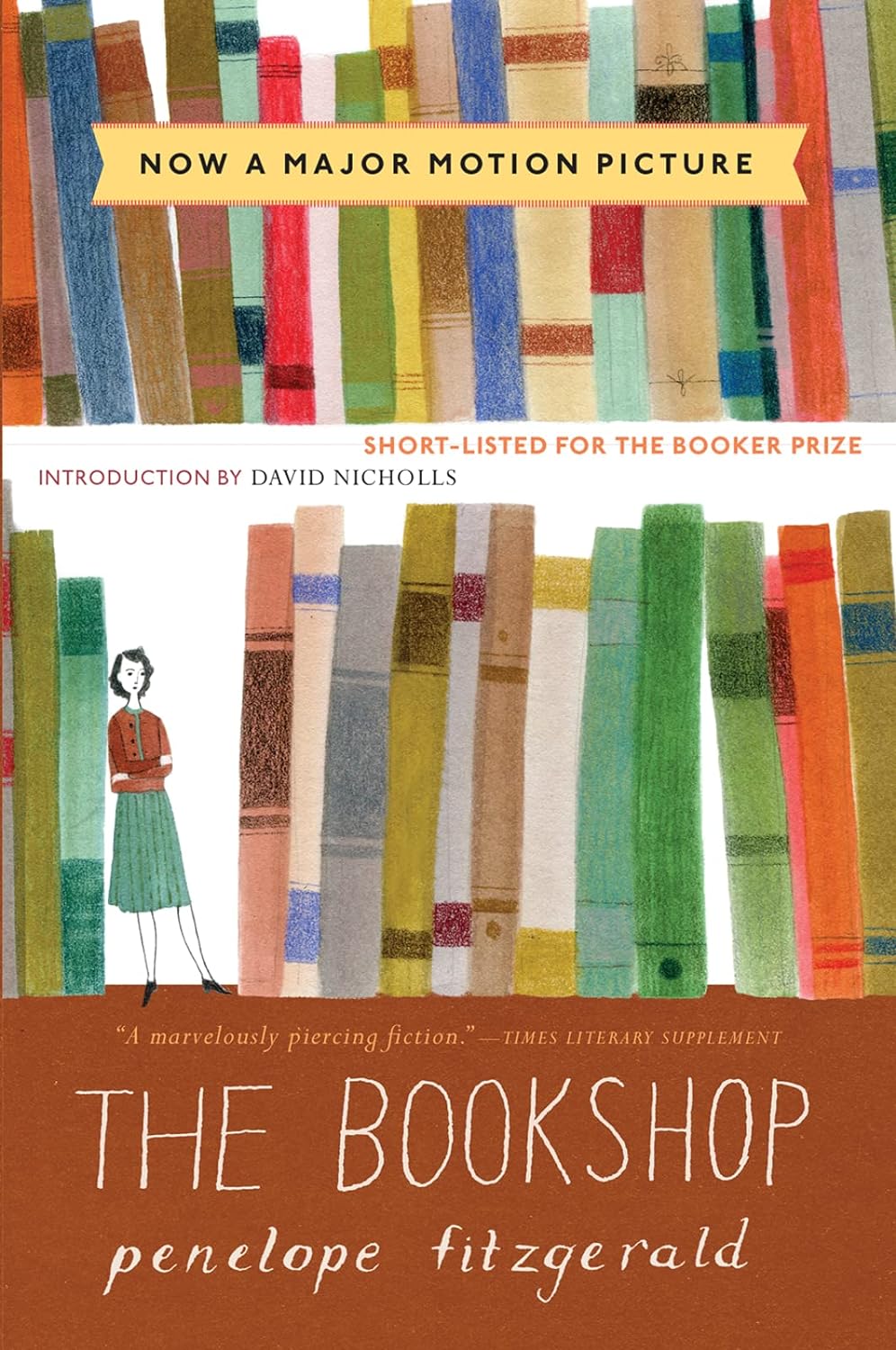You could recount your summers in books… and the relocations, breakups, illnesses, cures. Stories have cared for you during chickenpox, made your punishments shorter, and most likely, have led you to wear glasses now. When you were six years old, you didn't know that the first book you'd read alone would leave such a profound mark. But it did, and you talk about it with your school friends, search for it on second-hand websites, and cross your fingers to find it and read it again. You also remember the books you left unfinished. And the signed books. And also, the ones you would rather had not gifter, right?
Surely you remember the first poem you read. Or that deadly first sentence of the book by Shakespeare that you were forced to read. And who advised you, in the midst of an existential crisis, to read The Catcher in the Rye? You also remember that, of course you do.
We are narrative beings, full of lived, told, heard, invented, remembered, and misremembered stories. Dreamed. All these stories, real or not, build our identity. How could we not like reading? In our autobiography, or our autofiction, we are protagonists. In some other stories, we are the character that accompanies the main character tirelessly. Or the one that serves to change the scene. In many others, we are that name that passed by and that nobody remembers.
In every office, there is a person who, in the days leading up to Book Day, is making a list of the books they want to buy, give as gifts, and recommend, and in my office, that person is me. That's why, with the help of the Hrider team, we have prepared a list of books that talk about work:
Trust is composed of four parts. The first is a novel. Yes, a novel within a novel. "Obligations" tells how Benjamin Rask and his wife Helen dominate New York. In the second part, we find Benjamin Rask's memoirs, which undoubtedly give us another view of his life. And in the third part? Another view: the memories of his secretary. To finish with a fourth piece of the puzzle, Helen's (Benjamin’s wife) diaries.
Four voices that speak to us of the almost mystical power of work and money.
Tea Rooms (Hoja de Lata) by Luisa Carnés
In 1930s Madrid, Matilde works in a tea room. Alongside her colleagues, she shows us her work reality, her conditions, and how she becomes aware of it. "Tea Room" is her best-known work.
Luisa Carnés is one of the "Sinsombrero," one of the authors of the Generation of '27 who did not receive recognition until very few years ago.
Fear and Trembling (St. Martin's Press) by Amélie Nothomb
This novel tells the story of a 22-year-old Belgian woman, Amélie, who starts working in Tokyo. Amélie starts being demoted, entering a loop of absurd jobs, repetitive tasks, and humiliations.
The New Yorker Book of Business Cartoons (Bloomberg Press)

If you like cartoons and you like The New Yorker, this anthology is made for you. It compiles hundreds of cartoons published in the famous magazine, from 1920 to the present, managing to paint a social portrait with situations we have experienced and others that, hopefully, we only know through one of the eighty cartoonists.
A great book to reinforce the idea of the need for humor in the workplace.
After this book, you'll feel like... giving lots of feedback.
The Bookshop (Mariner Books) by Penelope Fitzgerald

This novel was a Booker Prize finalist, and Isabel Coixet adapted it for the cinema. Florence Green lives in a tiny coastal town in Suffolk in 1959.
Florence decides to open the first bookstore in the town. Added to a somewhat mistrustful neighbors, comes Nabokov's work "Lolita" to provoke an earthquake in the town. A perfect novel for book lovers.
8 Books Recommended by the Hrider Team
Some people from the Hrider team wanted to share their literary recommendations to end this Book Day celebration on a high note. Here they are:
· Convenience Store Woman (Aina, Software Engineer): This novel also mentions work! With this work that explores Japanese social repression, Sayaka Murata has won the Akutagawa Prize.
· Norwegian Wood (Miguel Illanes, Expansion Director): Youth, first loves, and pain. Are there better ingredients for a novel? Murakami may not have won the Nobel Prize in Literature, but he has our hearts forever.
· Think and Grow Rich (Christian Castillo, Customer Success Manager): Napoleon Hill starts from an investigation of the richest men of his time. This book has sold more than ten million copies, so we know that he, at least, has become rich.
· The Solitude of Prime Numbers (Mª Gabriela Silva, Support & Projects Specialist): Paolo Giordano tells us the story of Alice and Mattia, who, like prime numbers, are somehow left alone and lost.
· The Art of War (Eva Ruipérez, Marketing Executive): This work by Sun Tzu is the most famous strategy treatise in history. It is said to have inspired Napoleon, Machiavelli, and Mao Zedong, among other historical figures, so what's stopping you from reading it too?
· Ringworld (Josema Aguilera, CTO): A book that talks about a hollow world that triggers a tremendous struggle between humanity and two other races? We want it! "Ringworld" by Larry Niven is one of the most acclaimed novels in the history of science fiction.
· The Wall (Susana Roca, Office Manager): A woman is isolated from the rest of the world by an invisible wall and develops a symbiotic relationship with nature. Curious, right? It is the most important novel by Marlen Haushofer, considered one of the main references in post-war German literature.
· Mrs. March (Yolanda del Río, CFO): Mrs. March is told that she looks a lot like the protagonist of her husband's latest novel. And that simple casual anecdote triggers a journey that can reveal buried secrets.
We couldn't think of a better way to celebrate this day than with so many recommendations. Happy Book Day!